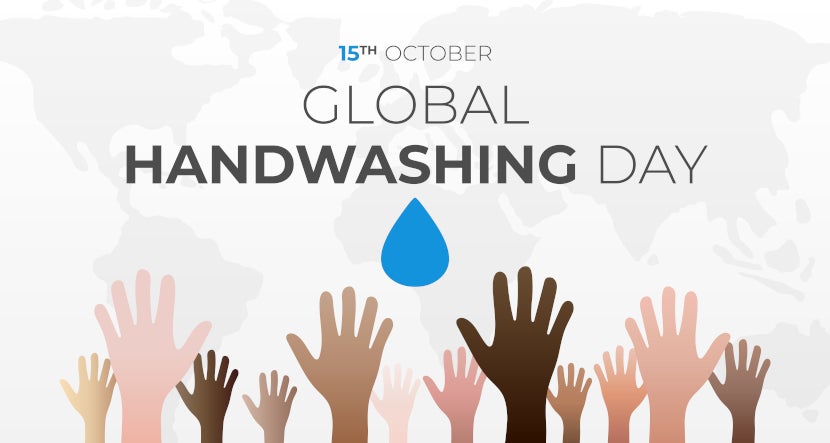
In 2020 personal hygiene once again came to the fore. This time, it was an old standby that we turned to in order to combat a world health menace that was affecting young and old alike: handwashing. This simple act can have tremendous positive consequences that ripple across the entire global community.
Prevent Illness & the Spread of Infections
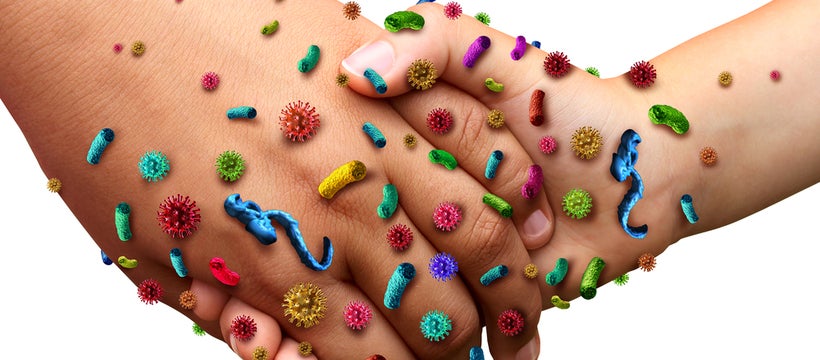
Aside from airborne transmission of diseases, our hands tend to be the main contact point because they are constantly in contact with our eyes, nose, and mouth even when we are touching them unconsciously. From shaking hands to turning doorknobs, the germs that are on our hands are easily transferred either directly or indirectly to the next person and so on. According to data from the CDC, this is why it is so important to wash your hands regularly:
- Reduces the number of people who get sick by diarrhea by 23-40%
- Reduces diarrheal illness in those with weakened immunity by 58%
- Reduces respiratory illnesses by 16-21%
Do it for the Children
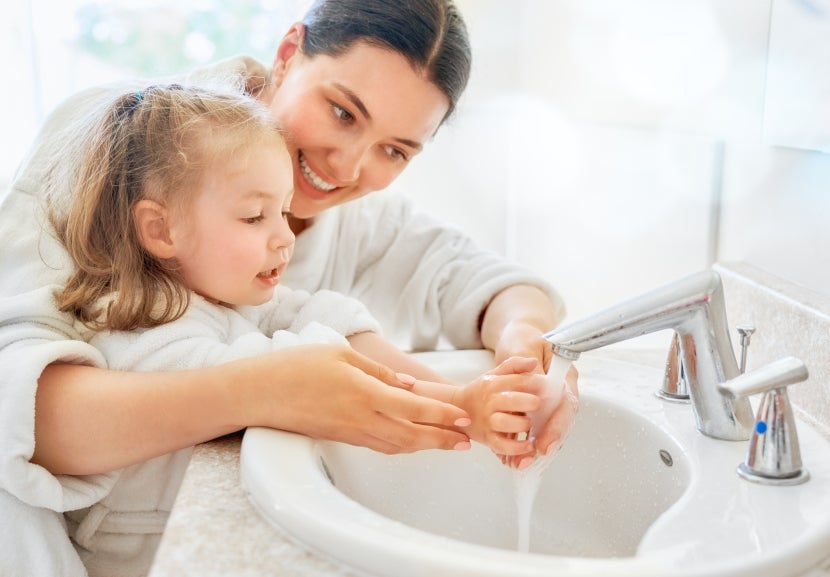
Anyone with kids knows they are germ magnets. Why? Because their hands are constantly everywhere and then immediately touching their faces and/or into their mouths. According to the CDC, a good handwashing regimen applied by all adults can help keep the little ones safe from harm. Handwashing with soap will:
- Reduce absenteeism due to gastrointestinal illness in schoolchildren by 29-57%
- Protect 1 out of every 3 young children who get sick with diarrhea
- Protect almost 1 out of 5 young children with respiratory illnesses like pneumonia
- Remove germs far more effectively than just using water
- Increase attendance in grammar schools
- Have a positive effect, in some settings, on child development
Bathroom Etiquette
Handwashing is particularly necessary after using the restroom. Currently, only 19% of people wash their hands after using the toilet. As many of the diseases, humans spread can be transmitted in public toilets, and from the waste of our systems, washing after using the toilet is of paramount importance.
Handwashing & Antibiotic Resistance
This is something we don’t often connect, but if everyone washes their hands the transmission of diseases can, according to the aforementioned CDC statistics, significantly reduce the transmission of diseases – by up to 58% in some communities. Greater reduction in the spread of disease means fewer antibiotics are prescribed. The fewer antibiotics that are prescribed means there will be fewer diseases with the potential to adapt and become antibiotic-resistant.
The Truth About Hand Sanitizers
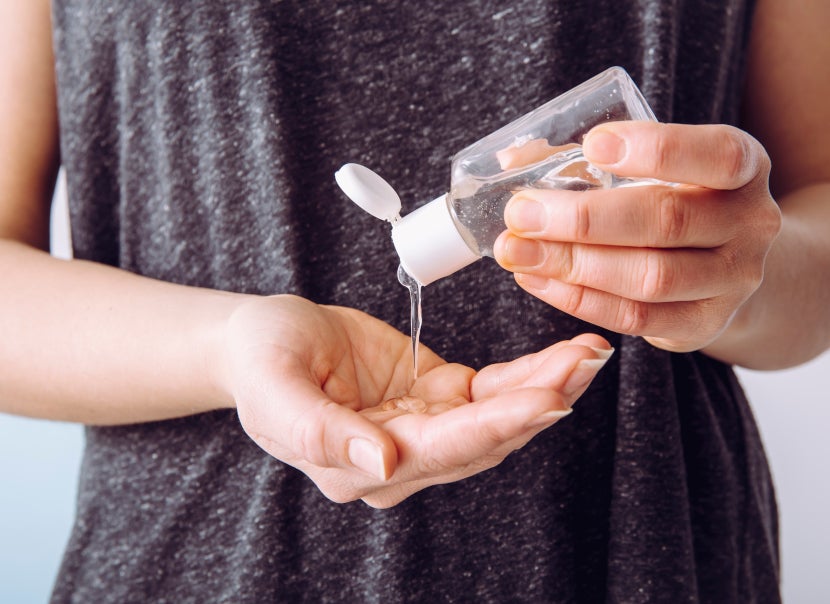
To get right to the point, alcohol-based hand sanitizer is better than nothing. It is not, however, superior to washing your hands with soap. In fact, it’s not even as effective. There are germs that hand sanitizers do not eliminate, and some they merely inhibit their growth versus eliminate them. Hand sanitizer must be used in a large enough volume and be allowed to air dry versus wiping it off. Sanitizer’s effectiveness is also reduced when used on hands that are greasy or dirty, can fail to remove harmful chemicals (e.g. pesticides) and heavy metals.
Minimum Hand Sanitizer Standards
If you do use alcohol-based sanitizer, make sure it is at least 60% alcohol by volume. You can even get it with an alcohol concentration of 95%. These sanitizers are more effective in killing germs than those with lower alcohol volumes or non-alcoholic sanitizers. These all, however, come with a very strict warning: it can cause alcohol poisoning if ingested.
Anti-bacterial Soap vs Plain Soaps
This will shock you so you might want to sit down. There is no data that supports anti-bacterial soaps being more effective than plain soap. In fact, in 2016 the FDA issued a ruling that there was no difference and banned their marketing to the general public.
How to Properly Wash Your Hands
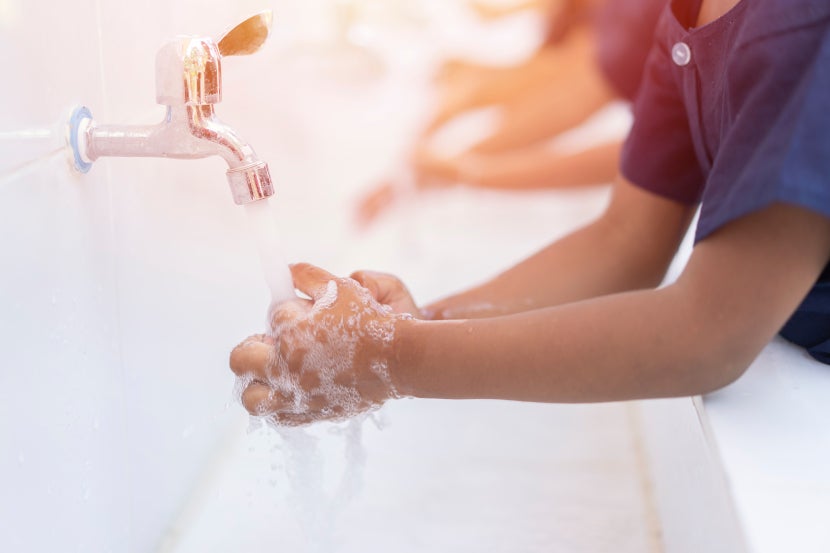
Turns out, water temperature is immaterial. Studies show that cold water and soap is just as effective as hot water and soap. So use cold water as warm water is more environmentally costly and can cause increased skin irritation. Follow these simple steps often during the day, particularly if you have to leave the house or interact with people outside of your home.
- Wet hands with clean water, turn off the water and apply soap
- Turning off the tap saves water and there is no evidence that doing so increases your risk of germ transfer.
- Rub your hands together to create a soapy lather. Lather the fronts and backs of your hands and fingers, being certain to also lather 360-degrees of all fingers and under fingernails.
- Scrub for at least 20 seconds. For an ad hoc timer, simply hum the “Happy Birthday” song from beginning to end twice.
- Rinse your hands under clean running water, then turn off the spigot.
- Dry hands on a clean, recyclable towel, clean towel if you’re at home, or simply let them air dry.
Source:
Handwashing: Clean Hands Save Lives, Center for Disease Control and Prevention; CDC 24/7: Saving Lives, Protecting People™ https://www.cdc.gov/handwashing/show-me-the-science.html, Accessed on 10/7-8/2020


 Posted in
Posted in  Tags:
Tags: